10 Essential Steps to Launch Your Aerospace Engineering Studies
To excel in aerospace engineering, high school students should focus on mastering calculus, physics,…….
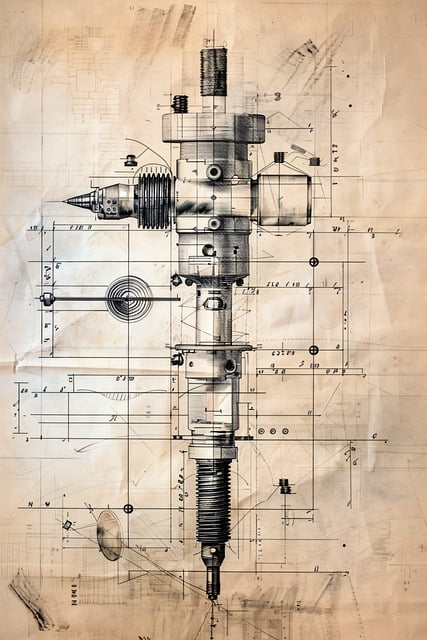
To excel in aerospace engineering, high school students should focus on mastering calculus, physics, and computer science, with an emphasis on differential equations for understanding flight dynamics, and computational skills for integrating computational fluid dynamics (CFD) and artificial intelligence (AI) in aerospace applications. A solid grounding in subjects like classical mechanics, thermodynamics, fluid dynamics, and electromagnetism is crucial for designing aerospace systems. Advanced placement (AP) courses or supplemental online resources are beneficial for delving into these topics early on, enhancing readiness for university-level studies. Programming proficiency with languages such as Python or MATLAB is essential, along with understanding algorithms and data structures. Engaging with interactive learning platforms, coding competitions, and collaborative projects can provide practical experience. A comprehensive understanding of aerospace engineering also requires knowledge of physics and mathematics, with linear algebra being particularly important. Online learning resources like Khan Academy, Coursera, MIT OpenCourseWare, and edX offer valuable courses to supplement traditional education. Interaction with industry professionals through online forums and mentorship programs can further enrich the learning experience, providing a blend of theoretical knowledge and practical application that is essential for success in the field of aerospace engineering.
Embarking on a journey into aerospace engineering is not for the faint-hearted. As you transition from high school to university studies, preparing for this rigorous field requires strategic planning and resourceful exploration. This article serves as your launchpad, detailing ten pivotal tips designed to fortify your foundation in aerospace engineering. From mastering the mathematical and scientific underpinnings to gaining proficiency in computer programming, and diving into aerospace-specific topics early on, we’ll guide you through the essential skills and resources needed for success. With a focus on pivotal courses and leveraging online platforms for advanced learning and mentorship, set yourself up for an awe-inspiring ascent in the realm of aerospace engineering.
- Mastering Math and Science Foundations
- Excelling in Physics and Differential Equations
- Gaining Proficiency in Computer Programming
- Exploring Aerospace-Specific Topics Early
- Utilizing Online Platforms for Advanced Learning and Mentorship
Mastering Math and Science Foundations
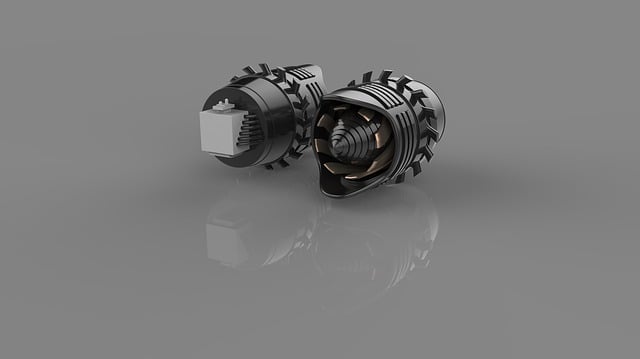
Termal Escort
Yalova Merkez Escort
Yalova Escort
Çınarcık Escort
Çiftlikköy Escort
Armutlu Escort
Altınova Escort
İzmit Escort
İzmit Escort
To lay a solid foundation for a successful journey into aerospace engineering, mastery of mathematics and science is paramount. As early as high school, students should focus on excelling in subjects such as calculus, physics, and computer science. These disciplines form the core building blocks of aerospace studies, enabling one to understand and apply complex mathematical models that describe the flight dynamics of aircraft and spacecraft. Calculus, particularly differential equations, is crucial for analyzing motion and trajectories under various forces, while physics provides the fundamental laws governing motion in fluids and gases, which are essential for designing efficient propulsion systems.
Furthermore, students should become adept at applying mathematical concepts to real-world problems. This involves a deep understanding of algebra, trigonometry, and statistics, as they are used extensively in the modeling and simulation of engineering systems. Computer science skills, including programming, algorithms, and data structures, will also be indispensable, especially with the increasing role of computational fluid dynamics (CFD) and artificial intelligence (AI) in aerospace applications. By cultivating these competencies before entering university, aspiring aerospace engineers can seamlessly transition into higher-level coursework, thereby maximizing their potential for success in this demanding and rewarding field.
Excelling in Physics and Differential Equations

excelling in aerospace engineering requires a strong foundation in physics and differential equations, two pillars of understanding that underpin much of the field’s theoretical and applied aspects. Physics provides the framework for analyzing the forces, motion, and energy processes both on Earth and in space, which are critical to designing and evaluating aerospace systems. To prepare effectively, students should engage with physics topics such as classical mechanics, thermodynamics, fluid dynamics, and electromagnetism. These areas of study will help you comprehend the principles governing aerodynamics, propulsion, and materials under different environmental conditions, which are essential for creating efficient and safe aerospace vehicles.
Simultaneously, differential equations serve as a powerful tool in modeling and predicting the behavior of systems within aerospace engineering. A solid grasp of this mathematical discipline enables you to tackle complex problems like orbital mechanics, control systems, and structural analysis. As you approach university-level coursework, you’ll encounter real-world scenarios that can only be addressed through the application of differential equations. To sharpen your skills in this area, practice with a variety of problems and explore applications that link theoretical concepts to practical aerospace challenges. Engaging with advanced placement (AP) courses or supplemental online resources in both physics and differential equations before starting your degree program can provide a significant head start and lay the groundwork for success in your future studies in aerospace engineering.
Gaining Proficiency in Computer Programming
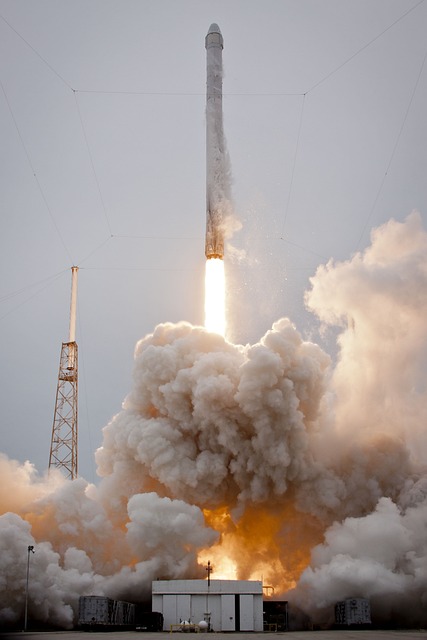
To excel in aerospace engineering, proficiency in computer programming is indispensable. It opens the door to simulating flight dynamics, analyzing large datasets, and designing complex systems. High school students preparing for this field should start by familiarizing themselves with at least one high-level programming language, such as Python or MATLAB. These tools are widely used in aerospace applications due to their capabilities in numerical computing, data analysis, and visualization. Developing a strong foundation in these languages will enable you to manipulate data and create models that can predict and explain real-world phenomena.
As you progress, delve into more complex programming concepts like algorithms, data structures, and software development methodologies. Engage with online courses, coding challenges, or participate in hackathons to apply your skills in practical, collaborative settings. Aspiring aerospace engineers should also become adept at using computational tools like CAD software for designing and simulation programs for flight testing. By mastering these computer programming competencies, you’ll be well-equipped to tackle the intricate problems and innovative challenges that come with the study and practice of aerospace engineering.
Exploring Aerospace-Specific Topics Early
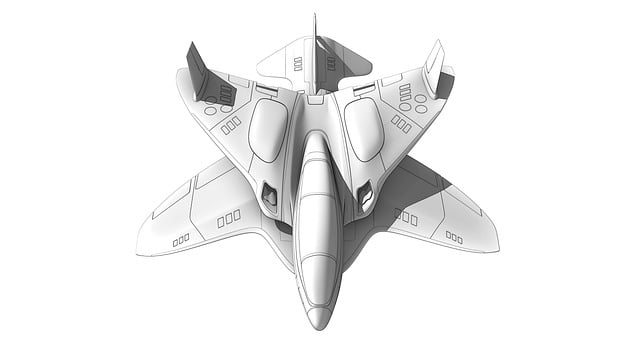
To lay a solid foundation for your future in aerospace engineering, it’s beneficial to explore aerospace-specific topics early on. High school students can benefit from delving into physics and mathematics with a focus on calculus, differential equations, and linear algebra, as these are the cornerstones of aerospace engineering principles. Engaging with resources such as online courses, MOOCs, or textbooks that cover subjects like aerodynamics, orbital mechanics, and thermodynamics can provide a head start. Additionally, familiarizing oneself with the history and development of flight, space exploration missions, and significant aerospace achievements will not only enrich your understanding but also spark inspiration for future projects.
To further prepare, aspiring aerospace engineers should seek out hands-on experiences that complement theoretical knowledge. This could involve participating in model rocketry clubs, attending science and engineering fairs, or taking part in summer programs offered by universities or aerospace companies. Virtual simulations of flight dynamics and accessing databases for aerospace research can also be valuable tools to enhance your practical skills. By combining academic study with experiential learning, you’ll gain a comprehensive understanding of the field and be well-prepared to tackle the challenges of aerospace engineering at the university level.
Utilizing Online Platforms for Advanced Learning and Mentorship
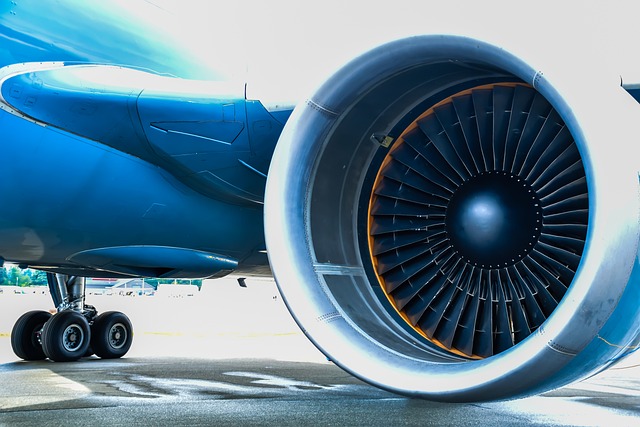
As you embark on the journey to pursue aerospace engineering, leveraging online platforms for advanced learning can be incredibly beneficial. These digital resources offer a wealth of knowledge that complements traditional education. Websites like Khan Academy and Coursera provide access to courses ranging from fundamental mathematics to complex physics, all of which are pivotal in understanding aerospace concepts. Additionally, platforms such as MIT OpenCourseWare and edX allow you to audit courses from prestigious institutions at your own pace. These courses often feature video lectures, quizzes, and assignments that can enhance your learning experience.
Furthermore, online forums like Stack Exchange or the Aerospace subreddit can serve as invaluable mentorship spaces where you can interact with professionals and fellow students from around the globe. Engaging with these communities allows you to discuss real-world aerospace challenges, learn about cutting-edge technologies, and gain insights into the industry’s current trends. Virtual mentorship programs, often facilitated by educational institutions or professional organizations like AIAA (American Institute of Aeronautics and Astronautics), can connect you with experienced engineers willing to guide your academic and career development. These mentors can provide personalized advice, help with project ideas, and even assist in networking opportunities that could be pivotal to your future success in the field of aerospace engineering.
Embarking on a journey to pursue a degree in aerospace engineering requires a blend of academic preparedness, practical skills, and a passion for exploration. The tips outlined in this article serve as a roadmap for high school students transitioning to university studies, ensuring they lay a solid foundation in mathematics, science, physics, differential equations, computer programming, and aerospace-specific knowledge. By leveraging online platforms for advanced learning and seeking mentorship opportunities, aspiring engineers can anticipate the demands of the field and prepare accordingly. Remember to engage actively with these subjects, participate in relevant extracurricular activities, and stay curious about the world around you. With these ways under your belt, you’ll be well-positioned to navigate the complexities of aerospace engineering and achieve your academic and professional goals.
